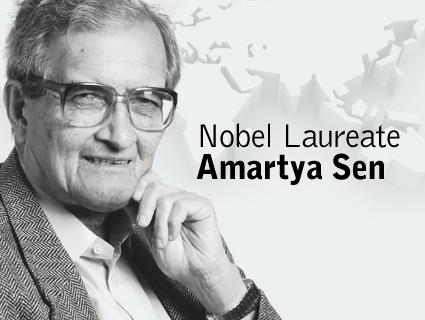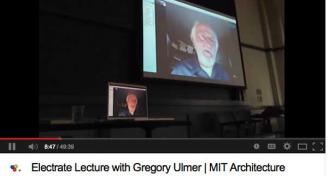
Capability
We approach the problematic of well-being in part through the frame provided byAmartya Sen.
"The writings of Amartya Sen, Indian economist and philosopher, Nobel laureate in economics in 1998, are now recognized for their major contribution to the analysis of inequality and philosophical theories of justice. He argues that we must not only take into account individuals possess, but also their ability, their freedom to use their property to choose their own lifestyle. He rejected as much an instrumental conception that only formal conception of rights and freedom, and made decisive criticism against utilitarianism. The main concepts of this theory are those of “modes” (functionings) and “capabilities” or “capabilities” (capabilities). The first is what an individual can achieve given the property he owns (enough to feed, move unhindered, to read and write) – it thus describes his condition – while the second is the different pension possible combinations of the first, for an individual. A capability is a vector of modes expressing the freedom of an individual to choose between different living conditions."
Sen opens economic theory to ethics, while refiguring the measures of well-being. Sen's understanding of justice is radical, in proposing that one has a right to capacity, to the capabilities that afford opportunities to choose the life one leads. He does not assume outcomes, achievements, as the measure, but opportunities. A right to capability! Our consultancy takes up this proposal as a guide to public policy formation. "Capability" itself, however, is a question, a dilemma, with a complex entanglement with related faculties, virtues, powers. The entire problematic of well-being is folded within this notion of capacity: capability as potential, potency, power.






